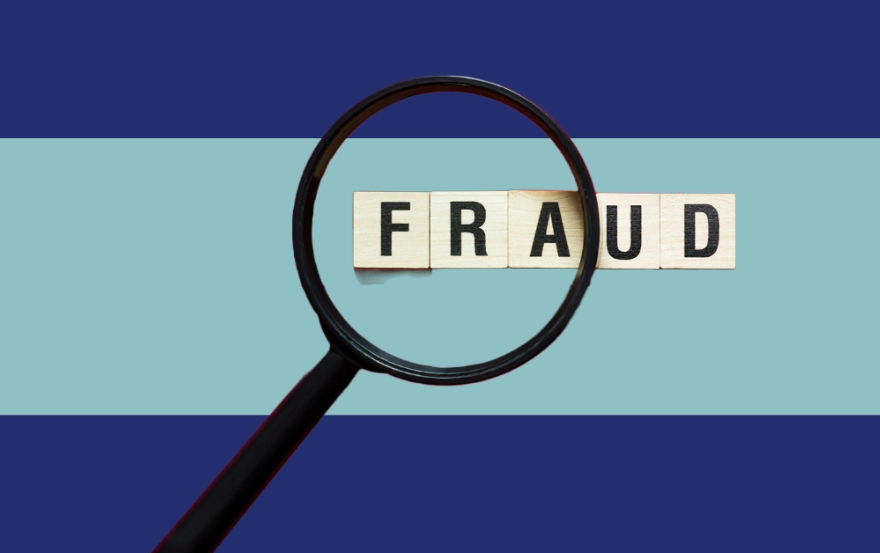CREDIT MATTERS – IMPACT OF INSOLVENCY
CREDIT MATTERS IMPACT OF INSOLVENCY We have to face the impact of insolvency on

Here we talk fraud prevention. Many clients are growing ever more concerned about their susceptibility to so called ‘short term’ fraudsters – so we ask ourselves, how do we identify it and what can we do to combat it?
Let’s face it, being ‘caught out’ by one of these scams is every Credit Manager’s worst nightmare. By the time the invoice(s) fall due, the scammer is already in the wind and with such a head start (typically with minimum credit terms of 30 days) there is little chance of recovery.
Whilst Action Fraud and the Police should be notified, debts of less than £100,000 are unlikely to register on their radars. This is primarily because the number of such cases is on the rise and the resources to investigate them are limited. Unless we act now the proliferation of such events will continue to soar.
If we can’t stop it, what can we do?
First and foremost, make sure your team are sufficiently trained in what signs to look out for – this includes both your Credit Management and Commercial departments.
It is also important to understand ‘scam journey’:
Once you understand ‘scam journey’, you can then implement the appropriate action to combat it.
Take action
Remember: when these red flags occur standalone it may have no specific meaning however, a number of red flags arising on a single customer may be an indication that further checks are required.
If you wish to discuss any of the issues raised in this article, please don’t hesitate to get in touch.
CREDIT MATTERS IMPACT OF INSOLVENCY We have to face the impact of insolvency on
CREDIT MATTERS RECOVERY MECHANISMS As the country is rocked by soaring inflation, energy pricing
TIME TO TALK INTRODUCING LOUISE BYRNE To help you get to know the team
CREDIT MATTERS FRAUD PREVENTION Here we talk fraud prevention. Many clients are growing ever
TIME TO TALK INTRODUCING AMANDA VINCENT Let’s take a step back for a minute…